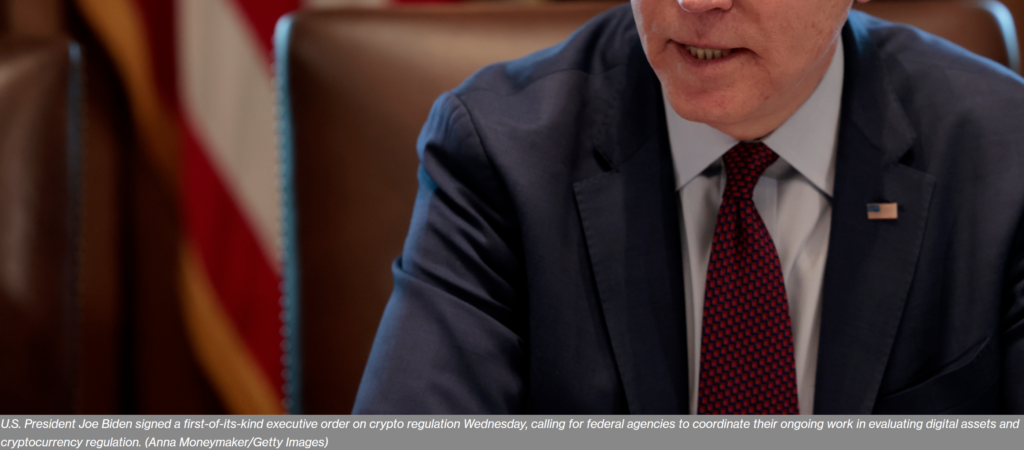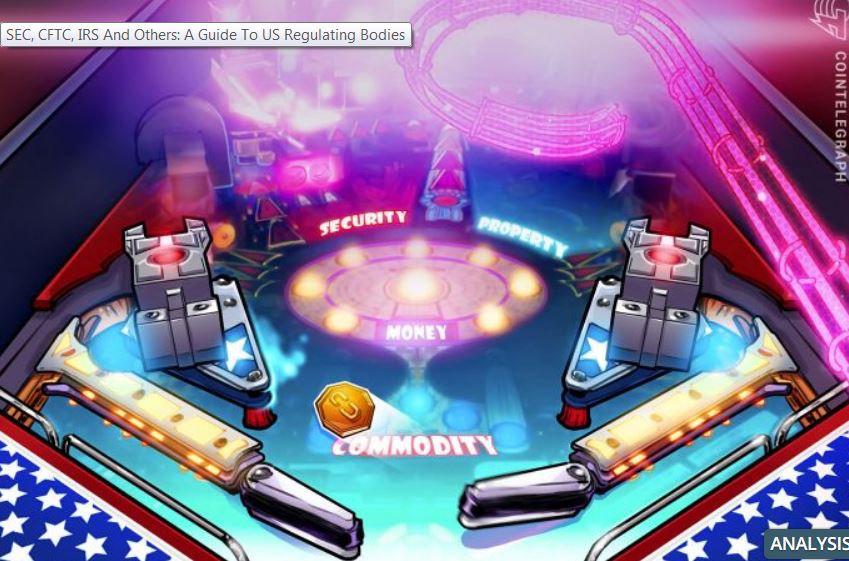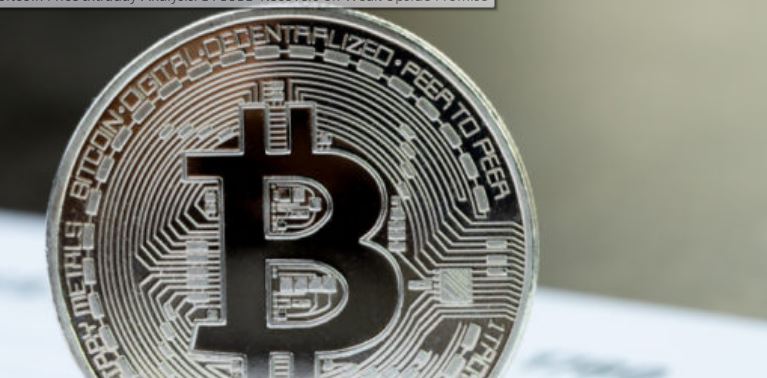Former Crypto Adviser Michael Barr Confirmed as Top US Financial Watchdog

The Senate approved the appointment of Barr, an ex-Ripple adviser who served in Obama’s Treasury Dept., as the Fed’s new vice chair for supervision.
Michael Barr, a former Ripple adviser, is set to assume one of the most important U.S. regulatory roles after winning Senate confirmation to be vice chairman for supervision at the Federal Reserve.
Barr, who was a key Treasury Department official during the administration of former President Barack Obama, will take over as the leading U.S. banking watchdog, where he’ll have a say in how the traditional financial system interacts with cryptocurrencies – especially stablecoins, the lifeblood of crypto transactions.
President Joe Biden nominated Barr in April for what could be the most powerful job in financial regulation. The Senate confirmed his nomination Wednesday in a66-28 vote. The Fed supervises Wall Street banking and – since the 2010 Dodd-Frank Act – also has a duty to oversee nonbank financial firms that play an outsized role in the financial system. Though he’ll technically be outranked by Fed Chair Jerome Powell, the chairman has said publicly that he’ll defer to the vice chair on financial oversight matters.
Barr will have an influential voice in global standard-setting organizations and at home on the U.S. Financial Stability Oversight Council, which is considering how to approach stablecoins. If that council of agency chiefs formally declares the tokens a systemically important financial activity, the group can push member agencies such as the Securities and Exchange Commission to regulate them. Barr will also be arriving in the wake of the terraUSD implosion, which could lend some fuel to the government’s efforts to put up guardrails.
Barr, who is currently the public policy school dean at the University of Michigan Law School, will also arrive at the Fed with a significant crypto background, having served on the advisory board at Ripple Labs. When he took that job in 2015 he said that he thought “innovation in payments can help make the financial system safer, reduce cost and improve access and efficiency for consumers and businesses alike.”
However, the crypto industry may not be assured that an unabashed ally is taking the wheel. Barr is widely seen as a consumer advocate who supports aggressive regulation, favoring the interests of individuals over financial firms. And there’s some record of his crypto doubts.
A 2020 paper he co-authored cited research that assets such as bitcoin (BTC) “not only generate huge mining costs, but are also inefficient in their long-run design.”
During his tenure, the Fed is also expected to decide whether to issue a digital dollar – a move that could send shockwaves through the crypto industry. Barr’s academic work has suggested a central bank digital currency (CBDC) could boost the government’s financial inclusion aims. If such a CBDC is produced, its effect on private, dollar-based stablecoins could be profound.
Barr’s confirmation enjoyed wide bipartisan approval, with a number of Republicans voting to give him the job. Such an outcome wasn’t necessarily assured for this key financial post. The previous nominee – Sarah Bloom Raskin, another Treasury veteran who had already served on the Fed board – had to withdraw after vigorous opposition.
BY: Jesse Hamilton
DISCLOSURE
Please note that our privacy policy, terms of use, cookies, and do not sell my personal information has been updated.
The leader in news and information on cryptocurrency, digital assets and the future of money, CoinDesk is a media outlet that strives for the highest journalistic standards and abides by a strict set of editorial policies. CoinDesk is an independent operating subsidiary of Digital Currency Group, which invests in cryptocurrencies and blockchain startups. As part of their compensation, certain CoinDesk employees, including editorial employees, may receive exposure to DCG equity in the form of stock appreciation rights, which vest over a multi-year period. CoinDesk journalists are not allowed to purchase stock outright in DCG.










